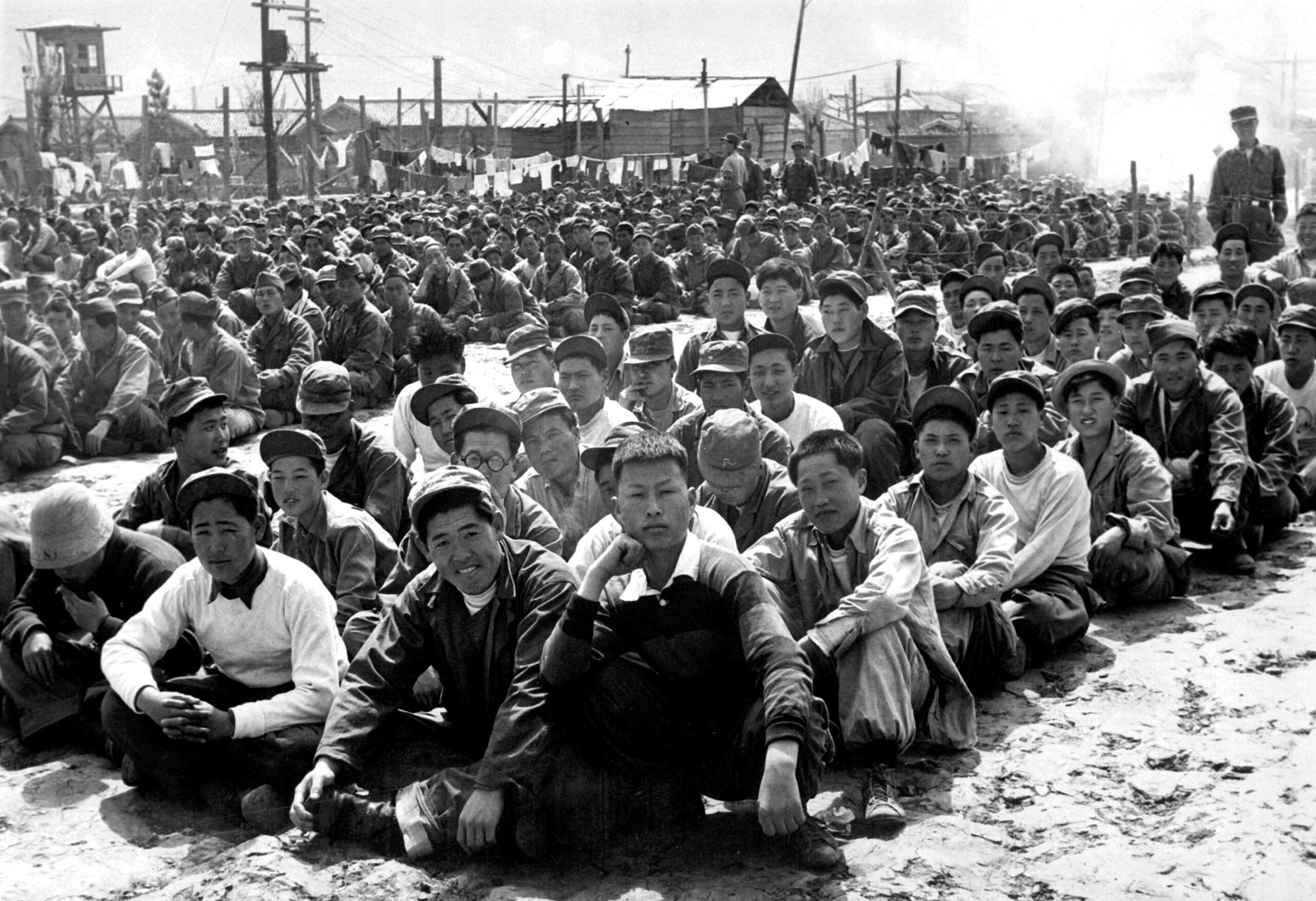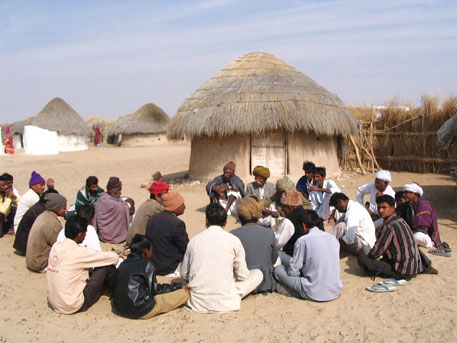This Blog is written by Illa Mathi Maran from UPES, Dehradun. Edited by Ravikirna Shukre.
In this ongoing pandemic situation, various countries implemented lockdowns and proposed various restrictions among the people. If we list out the familiar leisure time activity of most people will be listed under the category of cinephiles.
This Blog is written by Jhimli Ojha from KIIT School of Law, Odisha. Edited by Ravikiran Shukre.
Cross border mergers and acquisitions have grown at a massive rate due to globalization. The corporate sector all over the world is redefining itself with cross-border mergers and acquisitions.
This Blog is written by Palak Bhawsinka from National Law University, Odisha. Edited by Sonali Priyadarsini.
In India, the cultural heritage and antique monuments in the form of buildings and other archeological sites and remains are exceptional, vast, and diverse. Astonishing is the sheer number of these historical legacies. These historic sites, in the eyes of the Indians, reminiscent of the living witnesses of the golden historical age of more than a thousand years and the pre-independence wars.
This Blog is written by Sagun Modi from National Law University, Odisha. Edited by Sonali Priyadarsani.
During ancient times and the early 20th century, there often used to occur wars and armed conflicts between two or more enemy states. In fact, World War I and World War II were the deadliest wars that occurred in the history of humanity. During these wars, the armed forces of both parties used to fight against each other to protect their respective nation-states.
This Blog is written by Illa Mathi Maran from UPES, Dehradun. Edited by Ravikirna Shukre.
The act of drugs and cosmetics is the act which was made in 1940, the pre-independent era. The act of drugs and cosmetic’s played a major role in the pharmaceutical department. This act was mostly on a part of check and balance in the area of pharmacy.
This Blog is written by Illa Mathi Maran from UPES, Dehradun. Edited by Ravikirna Shukre.
The term technology has its wide meaning. We should understand the origin and the development of technology. The term technology is defined from a Greek term, techne- mean “ART, SKILL, THE CUNNING OF HAND” and logia – “collection and arrangement of machinery and tools”.
This Blog is written by Ayushee Priya from KIIT School of Law, Odisha. Edited by Ravikirna Shukre.
Judiciary is the most trusted institution in India. Indian Judiciary is one of the oldest legal systems all over the world. India has borrowed many features of the Constitution from many countries like British, Ireland, the United States of America, Canada, Australia, Russia, France, Germany, South Africa, and Japan.
This Blog is written by Ayushee Priya from KIIT School of Law, Odisha. Edited by Ravikirna Shukre.
In our society, there are individuals and groups who have a different mindset to deal with a particular kind of situation. So, there are chances of disputes between the individuals or the groups or the individuals and the groups. Disputes must be settled otherwise there would irregularity, disturbance, and disorganization.
This Blog is written by Palak Bhawsinka from National Law University, Odisha. Edited by Priyanjali Priyadarshini.
Child support refers to the continuous periodic contributions provided by a parent for a child’s care and upbringing after marriage or another relationship has come to an end. When a marriage breaks down and ends up separating a couple, the child or children born from the marriage are the person(s) who suffer the most.
This Blog is written by Sagun Modi from National Law University, Odisha. Edited by Priyanjali Priyadarshini.
Parliamentary privileges are a certain kind of immunity provided to a parliamentarian when he/she is discharging his/her functions in an ongoing session of the parliament or when present in the parliament. These are special privileges that allow a member of the parliament or a member of a state legislature to conduct some acts which would otherwise be not allowed outside the parliament.
This Blog is written by Snegapriya VS from VIT Law School, Chennai. Edited by Lisa Coutinho.
The Indian tolls Act falls under the ministry of road transport and highways. The enactment of which is to confer the government with the power to levy tolls on public roads and bridges. Primarily, why do we pay a toll? And how it works? The people opt for state and national highways for faster traveling since it is less congested and lacks complex traffic.
This Blog is written by Ayushee Priya from KIIT School of Law, Odisha. Edited by Lisa Coutinho.
Development projects, political conflicts, setting up protected area networks and conversation areas, and natural disasters are many such factors that give rise to shifting or displacement of people in India. International Displacement Monitoring Centre released data in 2007 that due to development projects in over 50 years, 50 million have been displaced in India.
This Blog is written by Barnali Das from KIIT School of Law, Odisha. Edited by Prakriti Dadsena.
Menstruation is a natural biological process of the body of every girl or women in their adolescent age. However, in rural India, as a whole, it is a topic that is not spoken about openly and it also causes needless shame and embarrassment as in our country, menstruation is a taboo induced with a stigma that does not permit to be discussed or nor even seek information.
This Blog is written by Oindrilla Bhattacharjee from St. Xavier’s Institution, Panihati. Edited by Prakriti Dadsena.
Marijuana, also known as weed, pot, reefer, joint, ganja, etc. is a psychoactive drug and used primarily for recreational and medicinal purposes. The scientific name of Marijuana is cannabis, as it is originated from the plant cannabis. Among the 483 known compounds in the plant, the main constituent is tetrahydrocannabinol
This Blog is written by Barnali Das from KIIT School of Law, Odisha. Edited by Prakriti Dadsena.
For a very long time, in every place in the world, whenever and wherever the norms of the society are violated by the media industry and the unprofessional conduct of the press impairs its freedom, the authorities, as well as the Press itself, has felt the necessity of such a mechanism or any way that can keep an eye on it and control it.
This Blog is written by Wafiya Tunnisa from Middlesex University, Dubai. Edited by Ritika Sharma.
In this millennial era, where more than 90% of the time of a person is spent on social media and electronic devices, it is has become very easy for every citizen of this country to practice freedom of expression and freedom of placing their views and ideas in front of the world without any restriction. Whilst this ideology, like everything else there have been good and bad impacts on each one’s life.
This Blog is written by Wafiya Tunnisa from Middlesex University, Dubai. Edited by Ritika Sharma.
The department of food and public distribution reported that the Act covers two-third of the population to receive highly subsidized food products. Two-third amount of the population means around 81.35 crores have been covered under the NFSA 2013.
This Blog is written by Wafiya Tunnisa from Middlesex University, Dubai. Edited by Naina Agarwal.
India is one of the many countries in the world that has a diversified border line i.e it has a varied choice of countries and nations along its borderline. India has more than 15,000 km of external which can be told as international borders with Afghanistan, Bangladesh, Bhutan, China, Myanmar, Nepal, and Pakistan.
This Blog is written by Siddharth Singh from University of Petroleum and Energy Studies, Dehradun. Edited by O.S.S. Sarada Rasagnya.
A murderer destroys the physical frame of the victim likewise a rapist destroys and defiles the soul of the helpless female. Rape is the most morally and physically reprehensible crime in society it reduces a woman to an animal, as it shakes the very core of her life.
This Blog is written by Sidrah Jami from Amity Law School, Noida. Edited by O.S.S.Sarada Rasagnya.
Drugs are considered to be one of the most evolving items worldwide. It is used for medicinal purposes and the advertisement of drugs is legalized in various countries. The paper firstly provides an introduction to drugs. Secondly discusses the significance of the development referring to The Drugs and Magic Remedies (Objectionable Advertisements) Act, 1954 and studies the impact after the implementation of the act.
This Blog is written by Sidrah Jami from Amity Law School, Noida. Edited by Saumya Tripathi.
Media plays an important role in every individual’s life. It has evolved over the years. The paper firstly provides an introduction to the media and then discuss the significance of the development. Referring to the Prasar Bharti (Broadcasting Corporation of India) Act 1990 and different elements of media.
This Blog is written by Sidrah Jami from Amity Law School, Noida. Edited by Naina Agarwal.
The Medical Termination of Pregnancy Act was passed by the Indian Legislature in 1971. This act has been considered a bold move in Indian society. It focused on the unwanted pregnancies in the country. The paper firstly provides an introduction to the abortion laws in India and abroad.
This Blog is written by Thanam Keerthi Chandana from National Law University, Tamil Nadu. Edited by Saumya Tripathi.
This article analyses the taxes on lotteries and gambling and forces encouraging governments to give excessive priority to protecting gambling revenues. Since ancient times, governments have regulated the degree and conditions under which gambling is allowed. Governments likewise developed an early money-related enthusiasm for legalizing gambling, understanding that specific types of gam-bling were a gainful base for taxation.
This Blog is written by Pranavi Shah from SVKM’s Pravin Gandhi College of Law, Mumbai. Edited by Uroosa Naireen.
The International Court of Justice, popularly known as the World Court is one of the six principal organs of the United Nations. It is the principal judicial organ on the United Nations and is seated at the Peace Palace in The Hague in the Netherlands. Its primary function is the settlement of disputes between member states in accordance with international laws and also to give advisory opinions to the states regarding international disputes.
This Blog is written by Arth Ghiya from SVKM’s Pravin Gandhi College of Law, Mumbai. Edited by Uroosa Naireen.
After almost nine months of the outbreak of the COVID-19 pandemic in India, tireless efforts of the governments both at the Central and State level to impose restrictions by way of lockdown to curb the spread of the virus, India is still the second worst-hit country in the world due to COVID-19.
This Blog is written by Sidrah Jami from Amity Law School, Noida. Edited by Uroosa Naireen.
The cable television network is one of the most important topics that many countries have resolved through various talks. For a healthy democracy, it is essential that the institution of media is given due respect in spirit and law, that lays the basic foundation of democracy and that provides for an informed citizenry capable of making wise decisions, ultimately contributing to a well-functioned democracy.
This Blog is written by Shivanjali Mane from K.L.E. Society Law College, Chikodi. Edited by Uroosa Naireen.
On June 2020, the Ministry of Labor and Employment decided to consolidate 44 Central labor laws into four codes relating to wages, social security, industrial relations, and occupational safety and health based on the recommendations of the 2nd National Commission on Labor.
This Blog is written by Arth Ghiya from SVKM’s Pravin Gandhi College of Law, Mumbai. Edited by Harshita Yadav.
Broadcasting refers to the distribution of video or audio content with the help of any electronic mass communications medium to a dispersed audience. It assembles and programs any form of communication content like pictures, images and sounds, signals, writing, etc. in electronic form.
This Blog is written by Arpana Komal from Central University of South Bihar, Gaya. Edited by Harsh Sonbhadra.
CBFC stands for Central Board of Film Certification which is often referred to as the Censor Board which is a statutory body under the Ministry of Information and Broadcasting, regulating the public exhibition of films under the provisions of the Cinematograph Act 1952.
This Blog is written by Hiba Abbas from St. Stephen’s College, Delhi University. Edited by Harsh Sonbhadra.
On 5th June 2020, the President of India issued three Ordinances- The Farmer’s Produce Trade and Commerce (Promotion and Facilitation) Ordinance, 2020, The Farmers (Empowerment and Protection) Agreement on Price Assurance and Farm Services Ordinance, 2020, and The Essential Commodities (Amendment) Ordinance, 2020.
This Blog is written by Hiba Abbas from St. Stephen’s College, Delhi University. Edited by Naina Agarwal.
A universally well-known hallmark of India is its diversity and its heterogeneous society made up of a mixture of variegated cultures. India is home to multiple distinct socio-cultural societies with people practicing various religions, following a myriad of traditions and customs, and belonging to different groups and races.
This Blog is written by Prachika Modi from KIIT School of Law, Odisha. Edited by Naina Agarwal.
A fee that is imposed on a plaintiff to file a case in the court of law. This fee is collected by the government on the people seeking judicial remedies through legislation. The concept of court fees was brought in order to prevent a vexatious lawsuit, which means cases filed in the court solely with an intention to harass the impugned party.
This Blog is written by Arpana Komal from Central University of South Bihar, Gaya. Edited by Naina Agarwal.
Workers who are employed in any work within the vicinity of any port for the aim of loading, unloading, movement, or storage of cargoes, i.e., anything carried during a ship or vessel, into or from a ship, port, dock, and storage place are referred to as dockworkers and for the smooth functioning of a corporation, the employer should ensure safety and security of his employees.
This Blog is written by Hiba Abbas from St. Stephen’s College, Delhi University. Edited by Ravikiran Shukre.
In K. Veeramani v. The Chairman 2017, the petitioner filed for the issuance of a writ of Mandamus under Article 226 of the Indian Constitution. This writ, translating to “we command” in Latin, is issued to direct a lower court or public authority to perform mandatory obligations that fall within the ambit of its duties.
This Blog is written by Manmohit Bhalla from KIIT School of Law, Odisha. Edited by Ravikiran Shukre.
On October 15, 1983, the Government of India passed an Ordinance to set up courts for assurance of the inquiry whether an individual is or isn’t an unlawful migrant. which was further, followed up as an Act in the month in December, named as, the, Illegal Immigrants (Determination by Tribunals) Act, 1983.
This Blog is written by Tamanna Kapoor from Symbiosis Law School, Noida. Edited by Ravikiran Shukre.
India is a country that’s known for its diversity and this is not only because of the presence of various different ethnic and cultural groups but also because it tries its best to protect these groups. The North-Eastern belt of India is one that is known for its indigenous tribes and their customs.
This Blog is written by Arpana Komal from Central University of South Bihar, Gaya. Edited by Ravikiran Shukre.
In India, presently the law governing the admiralty jurisdiction of courts and related aspects of maritime law is too outmoded. The High Court’s jurisdiction to entertain maritime disputes results in letter patents. British established the legal system on this subject, and in India, there is no local legislation dealing with the same.
This Blog is written by Vidur Thanawala from Bennett University, Greater Noida. Edited by Prakriti Dadsena.
As per Prime Minister Shri Narendra Modi’s vision for increasing individuals’ investment and straightforwardness in the administration, the Ministry of Shipping has given the draft of the Aids to Navigation Bill, 2020 for recommendations from the stakeholders and overall population.
This Blog is written by Pallabi Choudhury from KIIT School of Law, Odisha. Edited by Prakriti Dadsena.
The whole world is fighting against the novel coronavirus or COVID-19. The 1st COVID-19 case was found on 30th January 2020 in India. From mid of March lockdown started. Due to this pandemic situation, the lawyer class people suffered in terms of livelihood, transport, etc. But after that by different planning of government such as Shramika train and other facilities the migrant workers able to return their home.
This Blog is written by Abhipsa Panda from KIIT School of Law, Odisha. Edited by Prakriti Dadsena.
Cross-border investment otherwise called import and fare financing—alludes to any financing course of action that happens outside a nation’s outskirts. Cross-outskirt financing assists organizations with collaborating in worldwide exchange by giving a wellspring of subsidizing that empower them to contend internationally and direct business past their residential fringes.







































